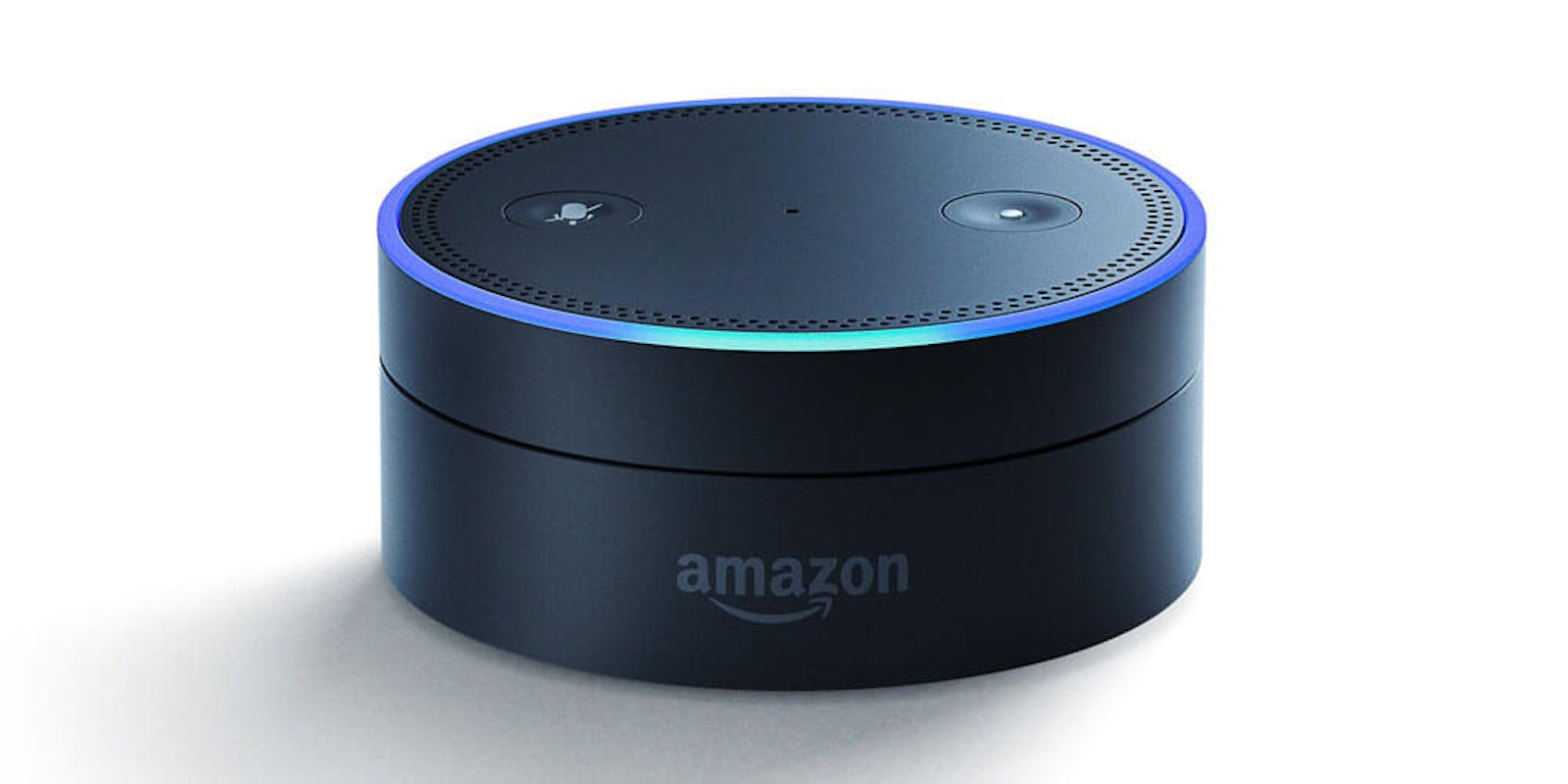Amazon launched a new program that will allow individuals to provide answers for the company’s Alexa voice assistant.
Known as “Alexa Answers,” the program will let anyone view a list of questions that Alexa doesn’t have an answer for and submit their own.
Amazon has been quietly working on the program for some time, collecting hundreds of thousands of answers during a private testing phase last year.
Bill Barton, vice president of Amazon’s Alexa Information, told Fast Company that the goal is to provide Alexa with answers that haven’t already been gathered by vetted sources.
“Our North Star, our overall vision, is we’d love it if Alexa can answer any question people ask her, no matter what the language, where they are, what the device,” Barton said. “We’re focused on Alexa as an objective, factual information source with this particular effort.”
Amazon’s decision makes sense in part given that unlike Google, the company does not have a massive search engine to pull all its answers from. And while Amazon is partnered with Microsoft’s Bing, the search engine does not actually provide answers for Alexa.
Those interested in providing answers for Alexa can do so by logging into a web portal. There they will be able to browse questions, provide answers, and even earn badges for their work.
Addressing concerns over the possibility that trolls will pollute Alexa with bad answers, Amazon says that it has several safeguards–along with faith–in place.
For starters, automated systems are in place to keep not only profanity from being used but to filter out political questions as well. Amazon employees will also be involved in certain instances to oversee answers.
Participants will be able to upvote and downvote answers too, ensuring users with the best and most accurate answers receive priority.
“We’re leaning into the positive energy and good faith of the contributors, and we use machine learning and algorithms to weed out the noisy few, the bad few,” Barton said. “But we’re not going to suppress the magical experience we can give to 99 customers because one person had something different in mind.”
READ MORE:
- How to listen to podcasts on Alexa with Amazon Echo
- All the Alexa tips and tricks you never knew you needed
- 12 essential Amazon Echo accessories for your smart home
H/T Fast Company


